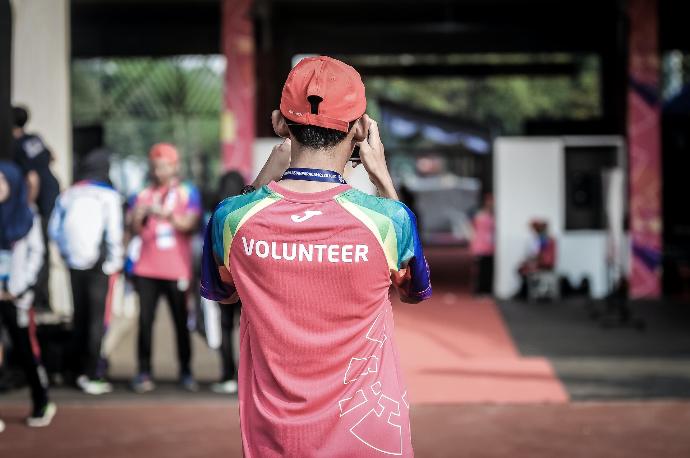Some studies have shown that the more adapted students were to their host country, the more difficult the adaptation process in their home country became for them - resulting in a reverse culture shock.
This happens because the values, attitudes, ideas, habits, and opinions of oneself and the United States have changed, and these changes must be facilitated upon returning home.
In other words, you may not be the same person as when you left the United States, and you may not be aware of how much you have changed until you return home.
Just as there are phases to the "Culture Shock," there are also phases during "Reverse Culture Shock," also known as "The Boomerang Effect." Students may experience the following phases to varying degrees and not necessarily in this order:
Detachment
This phase begins before you leave Spain, while you begin to prepare for your return home. The emotions you may be feeling are reluctance to leave Spain, missing friends, or perhaps you haven't had time to reflect on your experiences and emotions because the last few days have been quite hectic
Initial Euphoria
This phase usually begins shortly after departure and is characterized by emotions of excitement and anticipation of returning home. The length of this stage can vary, and soon after you will realize that most people were not as interested in your experiences abroad as you expected.
Irritability/Hostility
Perhaps you feel emotions of frustration, anger, loneliness, helplessness, and/or alienation and you don't know why. Perhaps you are critical of the United States, feel like a foreigner in your own home, or experience a desire to return abroad.
Readjustment & Adaptation
Most people go through this phase. This is a gradual readjustment to life at home. You return to your routine life. The most important thing is to try to incorporate the positive aspects of your international experience into your life in the United States now.
Experience Integration
Here are some ways that you can integrate your experiences back at home:

Get involved on campus
- Take language classes, lead conversation classes, mentor international students, add a major or minor, get involved in the international education office at your university.
- Make plans to return abroad through another study abroad program or do some independent travel.

Volunteer
- Intern, teach or work abroad.
- Read news from foreign virtual sources and attend foreign cultural events and celebrations.